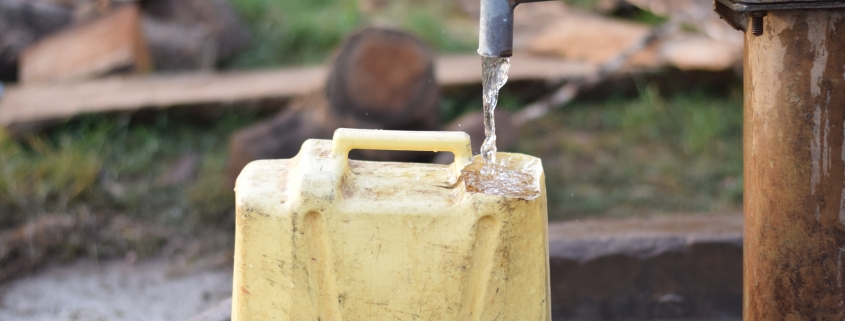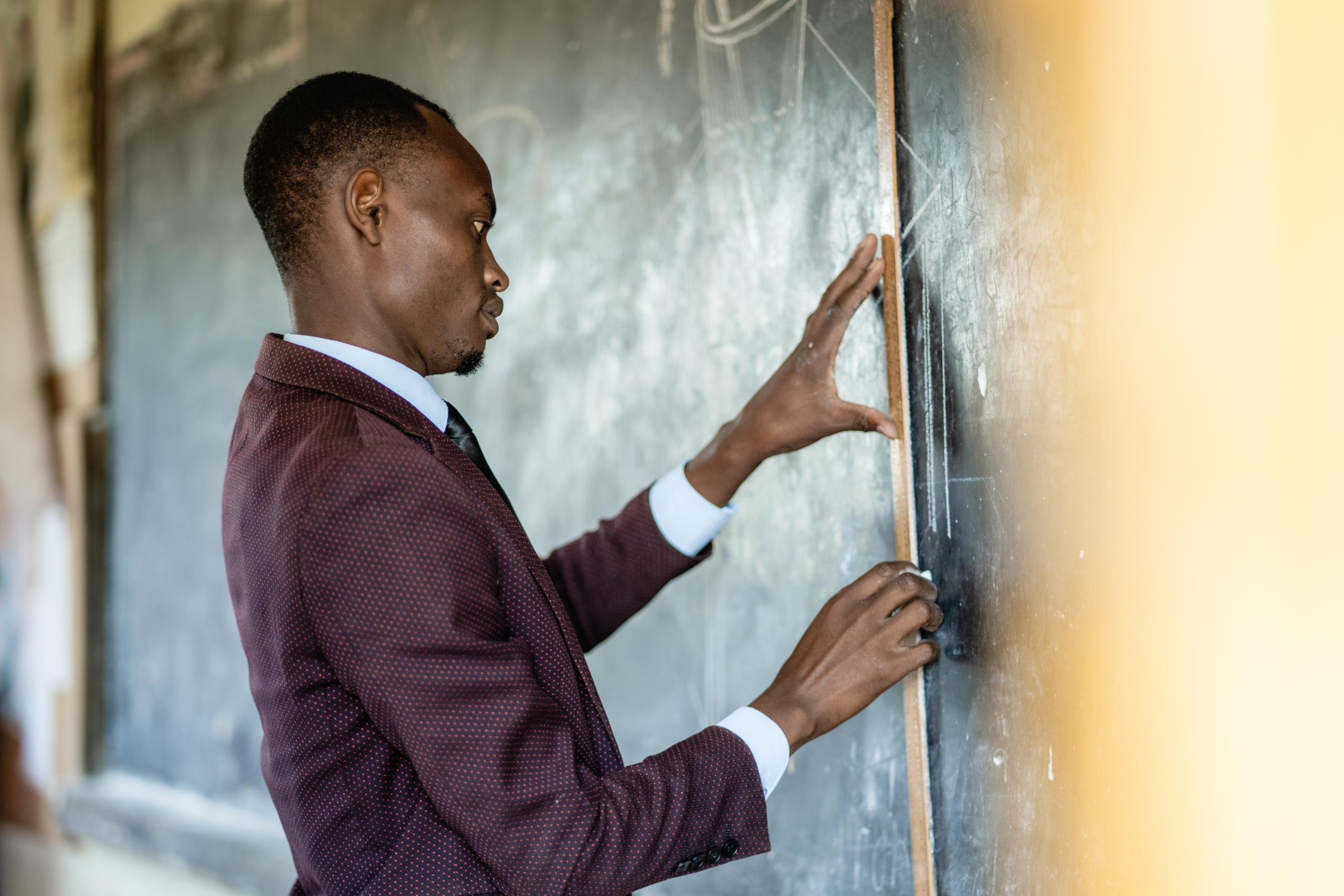Many Americans are accustomed to having four seasons in the year, and plenty of us look forward to spring for relief from harsh winter weather. However, in tropical countries near the equator—like Indonesia, Brazil, and Uganda—there are only wet and dry seasons, and large portions of these countries experience two of each per year. For most of Uganda, there is an initial wet season that occurs from March to May, and another that takes place from September to December. Yet spring in Uganda isn’t all sunflowers and golden dewdrop blooms.
Because it is a developing nation, during the rainy season Uganda experiences not merely flooding and mudslides, but significant additional challenges that threaten public health. Here’s why intensively rainy weather in Uganda poses major health risks—and what you can do about it.
Health Risks to Ugandans During the Wet Seasons
Bacteria in the water and soil can cause a number of illnesses at any time of year, particularly in Uganda, where water sanitation is not widely available. During periods of heavy rain, however, contaminants in untreated water can spread more easily through flooding, water migration, and soil saturation. Uganda’s biannual rainy seasons intensify during El Niño years, and climate change brings overall increases in extreme weather.
Waterborne Illnesses
Without access to water sanitation or adequate disease prevention resources, many Ugandans resort to using contaminated water for bathing, drinking, recreation, and household cleaning. Common illnesses caused by doing so include:\
- Cholera
- Typhoid fever
- Dysentery
- Hepatitis A
- Polio
Soilborne Illnesses
Besides not having access to water sanitation, many Ugandans don’t own element-resistant shoes, which means that people are often exposed to helminth infections simply by walking around barefoot or by getting dirt in a cut. Helminth infections and schistosomiasis (a parasitic disease) are caused by roundworm, hookworm, and whipworm parasites in the soil. These reproduce in the intestines or bladder and can cause pain, bleeding, gastrointestinal distress, and even organ damage.
Various government and non-government organizations are working to improve water sanitation, clean water access, and health education in Ugandan villages. These are key steps for curbing water- and soilborne illnesses associated with contaminated water and heavy rain. You can change the lives of countless Ugandans by supporting these organizations, particularly those that work to improve health outcomes for children.
Improve Health Outcomes for Ugandan Children With Simone’s Kids
Simone’s Kids in Nakaseke, Uganda provides high-quality primary and secondary education and meets basic needs—including access to clean water and an on-site medical clinic—for children in order to help them break the cycle of poverty. Your donations help purchase school supplies, textbooks, food, and other necessities for Ugandan students.
You can maximize your impact with recurring donations to Simone’s Kids by joining The Village. The Village is a passionate group of donors committed to bettering the lives of children in Uganda by making monthly donations that help to provide better meals, more teachers, more activities, and even post-graduation services. Give today!



Leave a Reply
Want to join the discussion?Feel free to contribute!